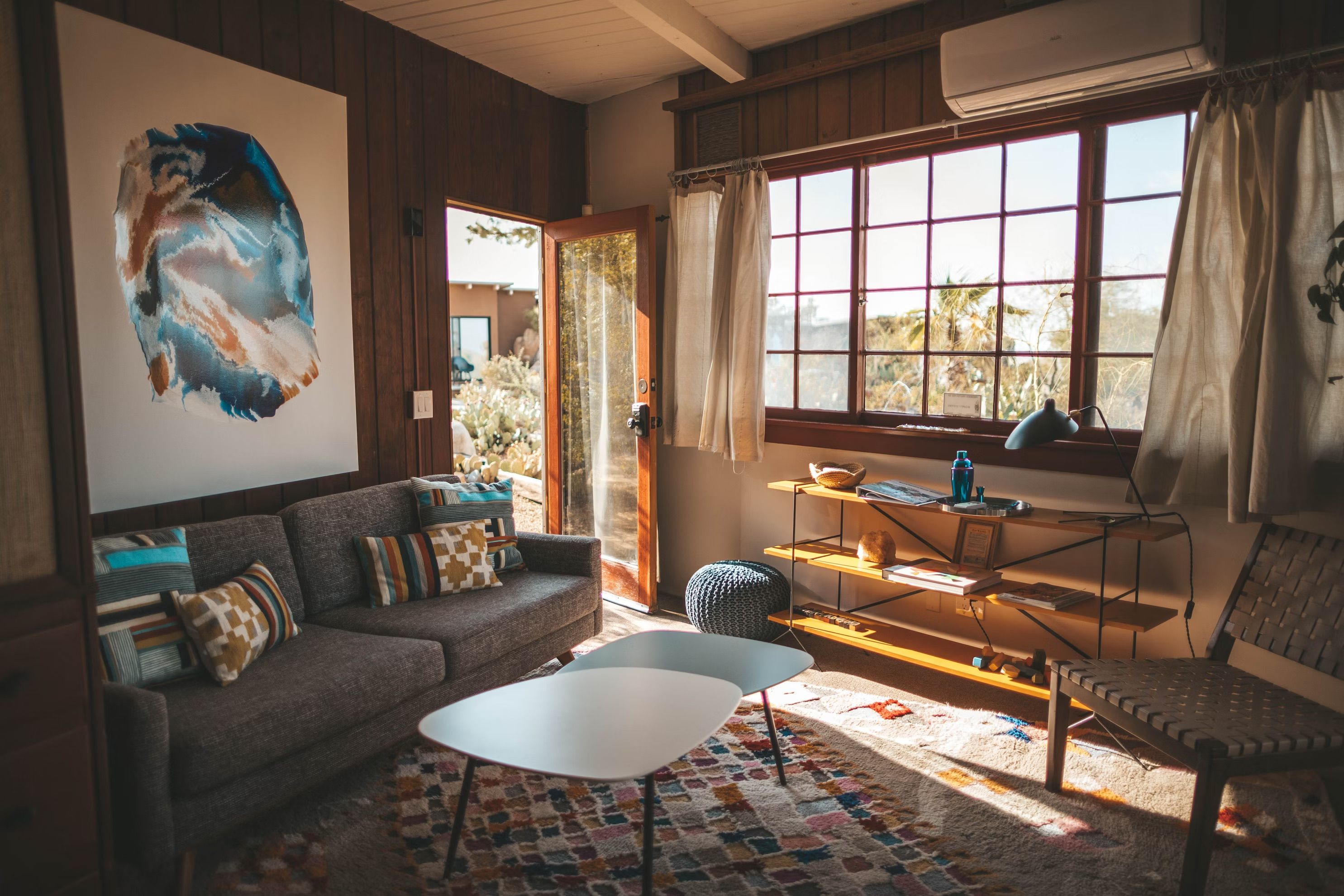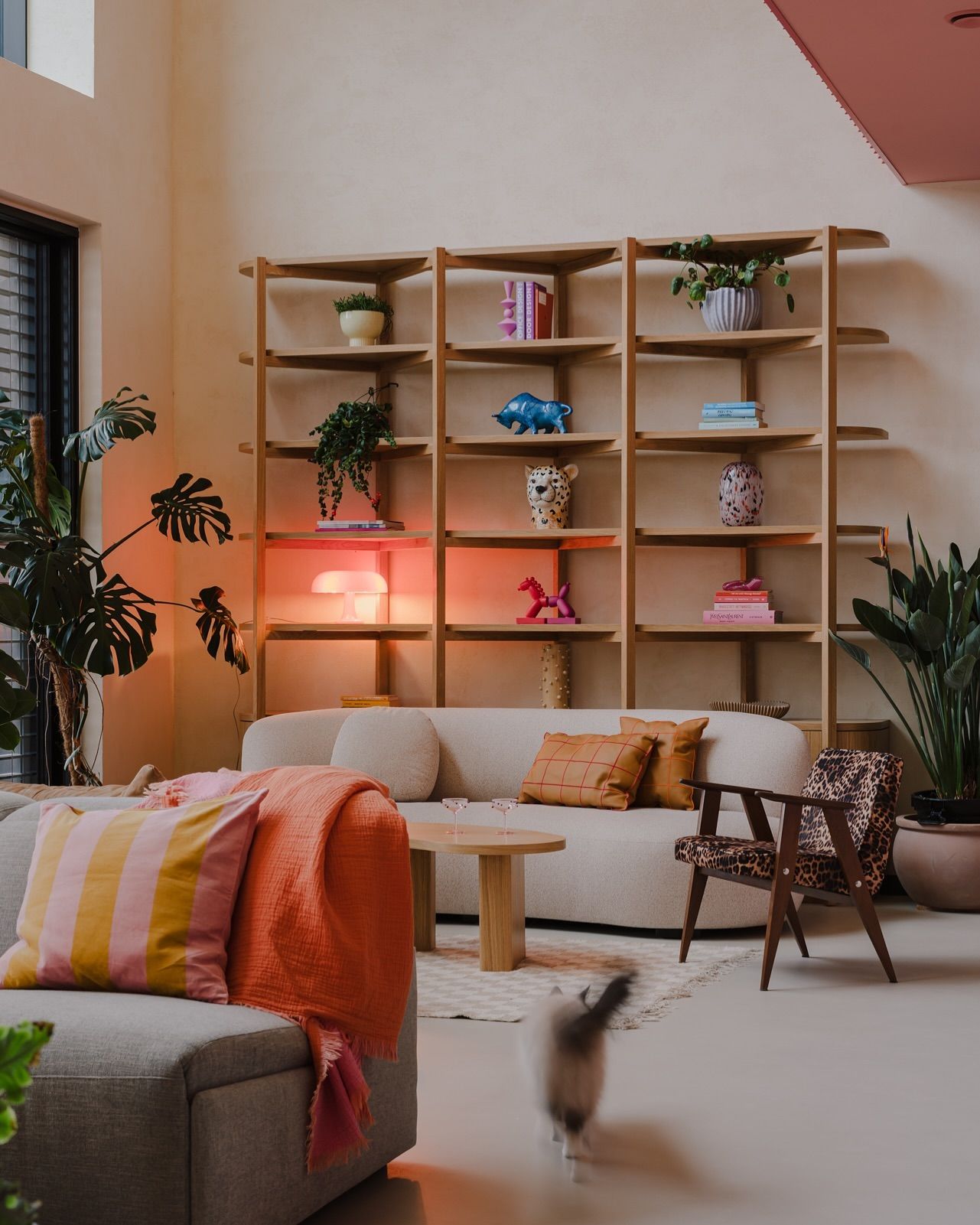Discover Recessed Lighting Housings
Spoken matches recessed lighting housings across 100s of stores to find you the best price.



Quick facts
Can't find the answer you're looking for? Please get in touch with our friendly team.
Do canless lights need housing?
No, canless lights do not require traditional housing. They are designed to be installed directly into the ceiling, allowing for a clean look without bulky fixtures. This makes them ideal for spaces where recessed lighting is desired but housing isn't feasible.
What is a light housing?
A light housing is the outer casing or structure that encases a light fixture. It protects the internal components and can influence the light's design and style. Light housings come in various materials and finishes, contributing to the overall aesthetic of home decor.
How do you replace recessed housing?
To replace recessed housing, first turn off the power. Remove the trim and bulb, then unscrew the housing from the ceiling. Disconnect the wiring and pull out the old housing. Insert the new housing, connect the wires, and secure it in place before replacing the trim and bulb.
Do LED recessed lights need housing?
Yes, most LED recessed lights require housing to ensure proper installation and heat dissipation. However, some LED models are designed as 'retrofit' options that can be installed directly into existing housings without needing additional fixtures.
What is housing for recessed lighting?
Housing for recessed lighting refers to the metal or plastic enclosure that holds the light fixture. It is installed in the ceiling and protects the electrical components. Different types include new construction, remodel, and IC-rated housings, which are suitable for insulated ceilings.
Category Overview
Introduction
Recessed lighting housings serve as the unsung heroes of home illumination, playing a crucial role in enhancing both functionality and aesthetic appeal. These innovative fixtures are designed to provide ambient, task, or accent lighting that seamlessly integrates into your ceilings. By offering an unobtrusive source of light, they help create a cozy atmosphere perfect for relaxation in your living room or focused lighting for tasks in your kitchen. Their sleek design not only elevates the comfort of everyday spaces but also enhances overall decor by highlighting architectural features and artwork.
Functionality
The primary function of recessed lighting housings is to house light bulbs within the ceiling, making them particularly versatile for various rooms, such as living rooms, dining areas, and even outdoor spaces. These fixtures can serve multiple purposes—from general illumination to spotlighting specific areas or items. Many products offer unique features like adjustable gimbals that allow you to direct light where it’s needed most and low-profile designs that save space while maximizing brightness. This means you can enjoy a well-lit area without bulky fixtures intruding on your space.
Design & Style
Recessed lighting housings come in an array of styles and materials to suit different tastes and interior themes. Common materials include metal finishes for a modern touch or painted plastic for budget-friendly options. Whether you lean more towards mid-century modern aesthetics with clean lines or prefer the farmhouse charm that rustic textures offer, there’s a style out there for everyone. You can easily personalize these housings with trim kits that match your home’s decor—think brushed nickel for contemporary vibes or oil-rubbed bronze for a vintage feel. This adaptability allows you to find the ideal fit without compromising on the best design elements, similar to choosing the "best coffee table for small spaces" based on style needs.
Practical Considerations
When selecting recessed lighting housings, consider essential factors like room size and material durability. For larger areas requiring significant illumination, look for heavy-duty options designed for high wattage; alternatively, choose decorative models with lower wattage bulbs if ambiance is your main goal. Avoid common pitfalls such as selecting fixtures without checking compatibility with existing ceiling structures or neglecting necessary installation specifications like depth requirements. Ensuring proper planning will maximize both functionality and aesthetic appeal in your space.
Comparison and Alternatives
Comparing materials helps clarify which recessed lighting housing suits your needs best—metal offers durability while plastic can be lightweight and affordable. Round versus rectangular designs also play into decision-making; round housings often blend well into ceilings while rectangular options can create linear visual interest across long spaces such as hallways or dining areas. Ultimately, aligning choices with room size and personal taste will lead you to the perfect configuration.
Trends and Popular Items
Currently trending in recessed lighting are sleek LED options that combine energy efficiency with high-performance output—a fantastic choice if you're aiming to reduce electricity costs while enjoying quality lighting. Mid-century modern styles are gaining popularity as homeowners seek minimalist yet impactful designs that complement contemporary interiors beautifully. Pay attention to customer favorites featuring smart technology integration as well; these models allow you to adjust brightness remotely or even set schedules based on lifestyle patterns. In conclusion, choosing the right recessed lighting housing involves understanding their purpose within your home’s layout while appreciating their capacity to enhance both form and function seamlessly. They not only illuminate but also elevate everyday life—making them an indispensable element in every thoughtfully designed home.